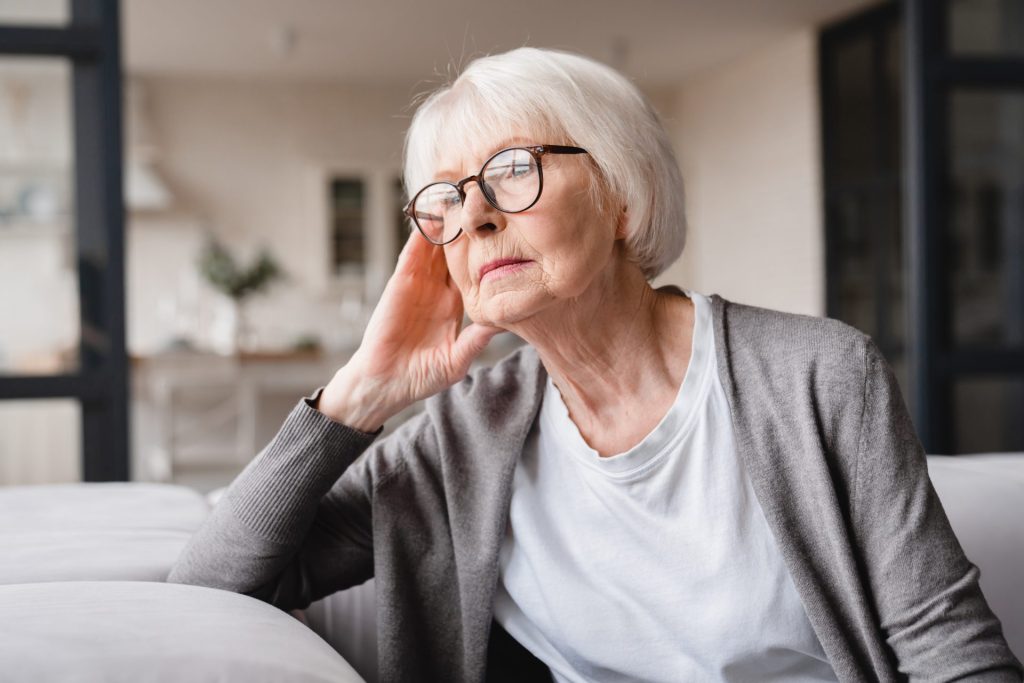Drivers exhibiting suspicious behavior might find themselves pulled over. A police officer may believe someone is under the influence of drugs or alcohol due to his/her driving behavior. In Indiana and elsewhere, the police arrest many people who are under the influence, and the possibility exists those arrests prevented accidents. However, people who are not under the influence may face arrest after their driving captures law enforcement’s attention. Where someone drives could even raise suspicions, even when traveling in the area for work-related reasons.
DRIVING IN HIGH-CRIME AREAS COULD LEAD TO A TRAFFIC STOP
A driver who travels around at night in an area known for drug and prostitution activity might raise suspicions. Of course, such activities may occur on a major street that experiences a lot of traffic, even into the late-night hours. Regardless, police officers may become interested in a vehicle that repeatedly circles a block. If the vehicle passes someone who may be selling drugs and stops sharply or makes a rapid u-turn, the police could pull the vehicle over.
What happens when the “erratic and suspicious driver” circles blocks or makes u-turns because he/she works for a rideshare or food delivery service? A recent customer’s “ping” might motivate the driver’s actions. The situation could become even more troubling for the driver if he/she gets falsely accused of driving under the influence.
PRESCRIPTIONS AND MEDICAL CONDITIONS MIGHT CREATE CONFUSION.
Operating while intoxicated charges refer to someone being under the influence of a legal or illegal drug while behind the wheel. The intoxication makes someone unable to safely operate the vehicle, potentially making the driver a danger to him/herself and others.
Persons falsely accused may be able to challenge the charges with facts. A person might have legally prescribed drugs in his or her system but was not intoxicated. Also, the probable cause for the stop might be questionable.
A criminal defense attorney could assist someone facing false OWI charges. An attorney might present the necessary evidence to the court to show the person was not under the influence at the time, but other factors may have led police to arrive at an incorrect conclusion.

 CALL US NOW
CALL US NOW








